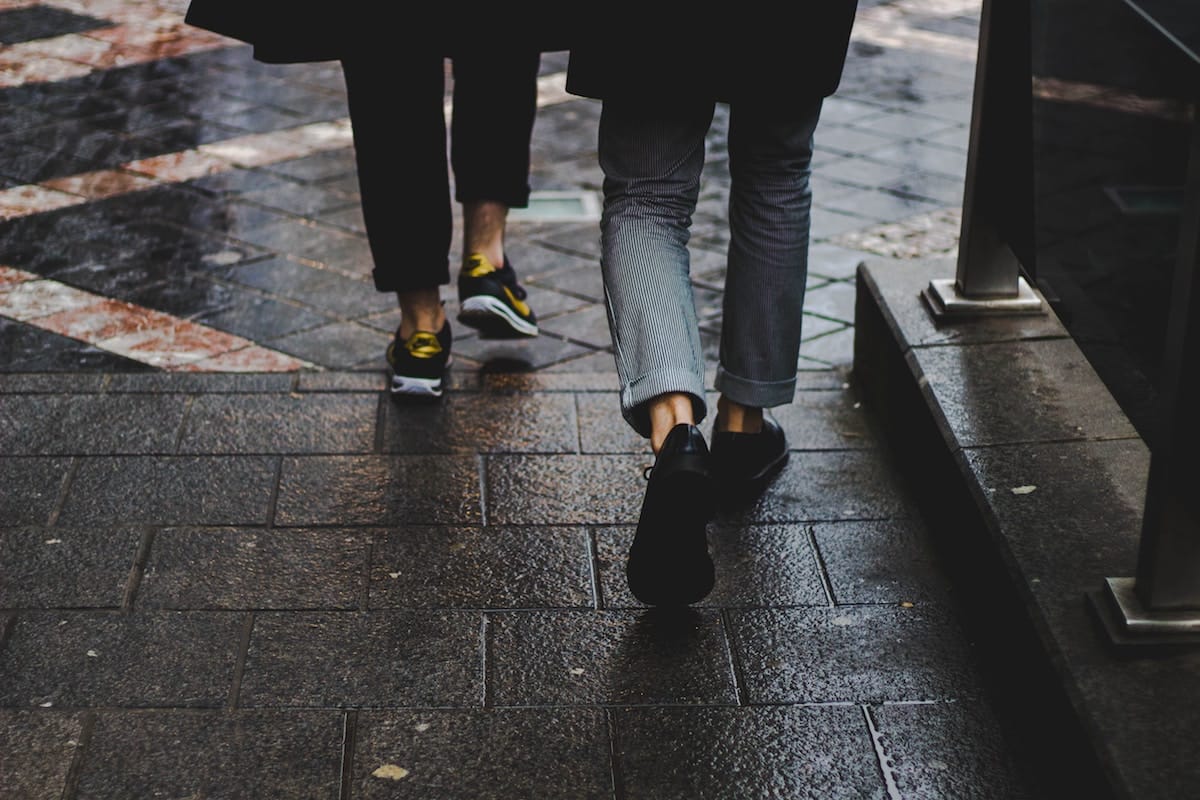
A first-time customer walked into a store and slipped and fell on a liquid substance resulting in a knee injury.
The customer sued the store alleging negligence on the part of the store for failing to maintain reasonably safe conditions therein. The store’s attorney moved for summary judgment arguing to the Court that the store cannot be negligent because the store and their employees did not have knowledge of the liquid substance on the floor prior to the fall. The judge agreed and granted the store’s motion for summary judgment. By granting the summary judgment, the case could not proceed any further and could not go to trial.
Unfortunately, the appellate court agreed with the judge’s ruling, which put an end to the entire case brought by the innocent and injured customer.
For the customer to prevail, the customer must prove:
- The store owed a legal duty to the customer.
- The store breached the duty owed to the customer.
- There was a causal connection between the store’s breach of duty and the customer’s knee injury.
- The customer sustained injuries/damages caused by the store’s breach.
The court essentially took issue with element (2) as the customer testified in deposition that she did not see the liquid on the floor prior to the fall, she did not see any employees in the area of the liquid prior to the fall, she did not know what the liquid was and didn’t know how long it had been there. In addition, it was not raining at the time.
Because of the testimony, the court found that the store did not have actual notice, meaning that there was a lack of evidence that the store knew the liquid was there, or constructive knowledge, meaning there was a lack of evidence that they should have known liquid was on the floor.
The court relied on Florida Statute Section 768.0755, which states:
(1) If a person slips and falls on a transitory foreign substance in a business establishment, the injured person must prove that the business establishment had actual or constructive knowledge of the dangerous condition and should have taken action to remedy it. Constructive knowledge may be proven by circumstantial evidence showing that:
(a) The dangerous condition existed for such a length of time that, in the exercise of ordinary care, the business establishment should have known of the condition; or
(b) The condition occurred with regularity and was therefore foreseeable.
It is completely understandable that if you fall in a place of business and suffer an injury that the only thing on your mind is to get medical care, or if you don’t feel any pain, simply to get up as soon as possible and shrug it off.
However, this case and the law in Florida places the burden on the customer, so if possible, it is always a good idea to take photographs or have someone with you take photographs. Also, keep your clothing that may contain the liquid and listen closely to what the employees say upon their arrival. We have had many cases where our clients overheard an employee saying something like “I told them to clean it up earlier,” or “the substance has been there for 25 minutes” or “the substance came from a leaking box a customer took out 15 minutes ago.”
We represent clients that have been seriously injured in slip and fall incidents. Although Florida law can be challenging, experienced personal injury attorneys can put forth the required evidence to win your case and obtain fair and adequate justice.
If you, a loved one, or a friend is involved in a slip and fall accident and have any questions, call Wieland Hilado & DeLattre at 407-841-7699 for a free consultation.


